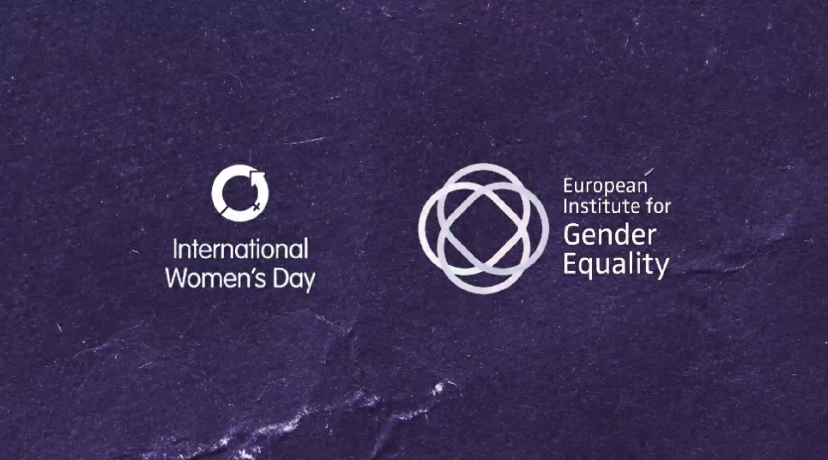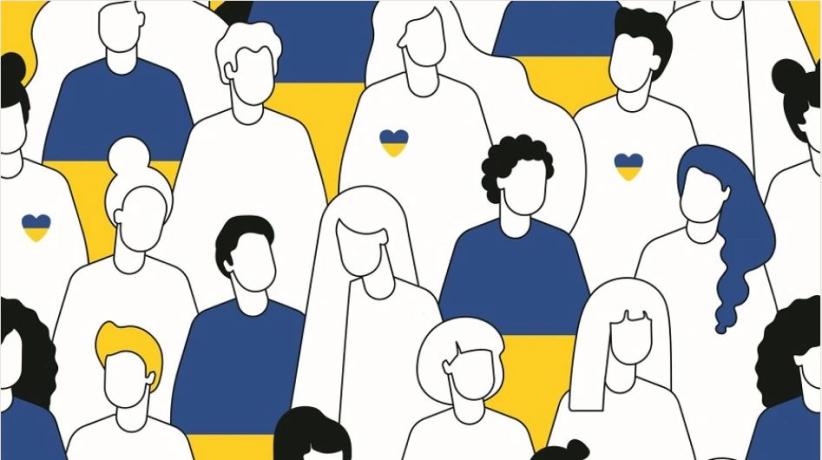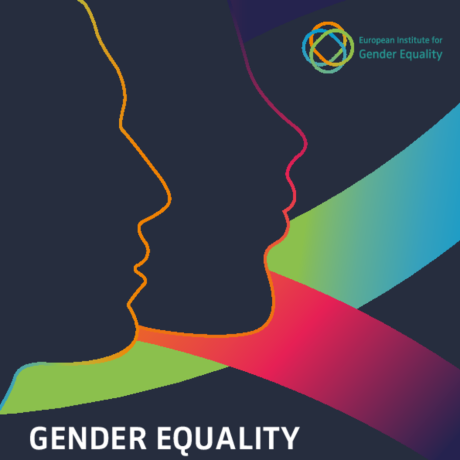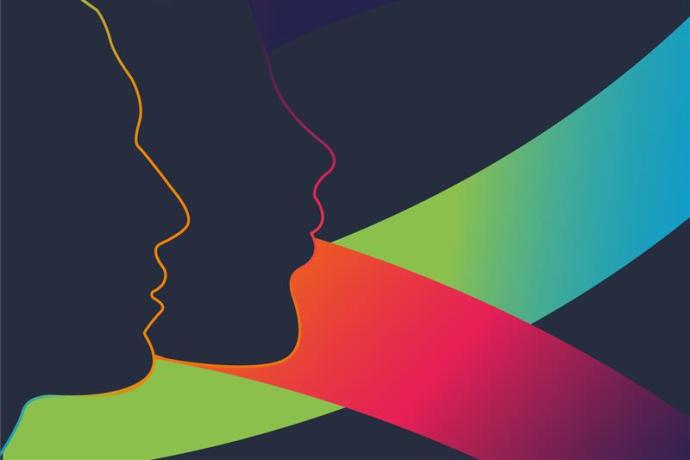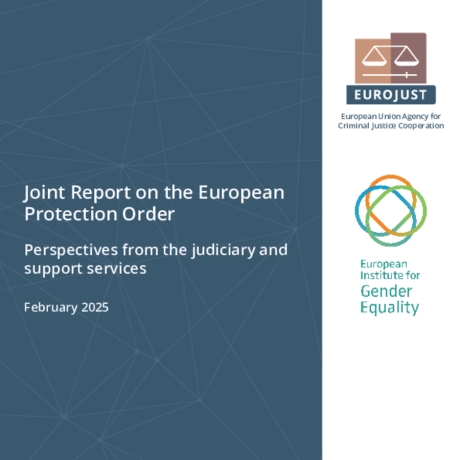
Gender equality, a basic human right, is still 60 years away.
In other words, resources and opportunities are not equally accessible for all.
Dreams and ambitions are deferred or downright dismissed.
But together, we have the tools and talents to break down those barriers for good, and make change happen. This December in Brussels, our agency is organising the Gender Equality Forum 2024 – a follow up to the 2022 Gender Equality Forum – bringing together MEPs and youth activists, business leaders and campaigners to take stock of gender equality in Europe and plot a course for the future—one that is just, inclusive, and sustainable.
And, we want to invite you to participate online.
As Lina Gálvez, Chair of the European Parliament’s Committee on Women’s Rights and Gender Equality, puts it:
EIGE’s evidence has always been a pillar to the FEMM Committee’s work on advancing women’s rights and gender equality. Having their data explored through diverse dimensions this December at the Gender Equality Forum 2024 will be the conversations we cannot afford to miss.
Gálvez will also take to the floor during the opening of the Gender Equality Forum 2024.
Europe at a crossroads
2024 is a pivotal moment for the EU.
The European Parliament has a lot of fresh faces, following the June European Elections. And there is now increased interest on how the new European Commission will continue to demonstrate the EU’s commitment to a Union of Equality.
As economies across the EU increasingly digitise, a critical divide is emerging: women are underrepresented in tech and digital industries.
Despite the stereotype that boys are better than girls at mathematics, boys significantly outperformed girls in mathematics in only 32 of the 79 countries according to an OECD report using 2018 PISA results.
And yet, these sectors offer some of the highest growth potential.
Therefore, this isn’t merely a question of fairness—gender imbalance in digital jobs is an economic and social liability.
The shift in the nature of work presents another complex challenge. While remote and flexible work arrangements offer new opportunities, they can also exacerbate inequalities, particularly when caregiving responsibilities, which disproportionately fall on women, are factored in.
The pandemic showed that unless structural inequalities are addressed, these new modes of work could deepen the divide.
Meanwhile, challenges like climate change, migration and wars bring their own gendered impacts.
Women, particularly those in vulnerable situations, suffer more. Yet, they remain woefully underrepresented in decision-making processes. Our Gender Statistics Database has the latest on gender equality in the corridors of power.
And beyond these economic and environmental shifts, Europe is also contending with shifting values and political polarisation.
Recent years have seen a rise in populist movements that often place gender equality on the backburner—or actively challenge it.
The Forum will examine how gender equality can be strengthened alongside democratic institutions, an increasingly urgent question as Europe’s voters turn out for national elections this and next year.
As EIGE Director Carlien Scheele says, "We cannot afford to take our foot off the pedal now."
The widening inequality gap
One of the Forum’s more sobering discussions will centre on the widening inequalities exacerbated by the pandemic and economic crises.
EIGE’s latest research suggests that those in vulnerable situations—women in low-wage work, single mothers, and women from ethnic minorities—have been hit hardest by the recent economic downturns.
The Forum will explore how these inequalities intersect with other forms of disadvantage, such as age, disability, sexual orientation, ethnicity and socioeconomic status and we’ll discuss practical ways to reduce these inequalities where we can.
The role of youth in advancing gender equality will also feature prominently following a Europe-wide youth call where we have now selected 50 young participants to engage in the discussions at the Forum. Because young people are and always have been key to bringing about a fairer, more inclusive society.
We’ll hear from the experts behind our very own Gender Equality Index - who will explain which aspects of gender equality - spanning everything from employment, to power and health - are progressing faster or slower than the others, and where.
And we’ll hear from policymakers and activists from across the EU – and beyond.
What next?
EIGE’s Gender Equality Forum 2024 will be a ‘one-stop shop’ to address gender-related issues across multiple sectors—from digital policy to climate action, from employment law to political reform.
The Forum seeks to galvanise stakeholders across the political spectrum, offering both strategic insight and concrete steps for advancing gender equality.
Join us to make the changes we want to see
The Forum will provide strategic and practical input from our stakeholders to the shaping of a new Gender Equality Strategy and a Roadmap for Women’s Rights, which Ursula Von Der Leyen announced recently, stating:
There is much more to do. So let us work together to develop a Roadmap for Women's Rights.
Notably, she points out ongoing priorities: To stop the rise of violence against women. To reconcile the differences between ‘carer’ and ‘career’ which disproportionately affect women. To close the pay and pensions gap.
As EIGE Director, Carlien Scheele, calls upon:
We cannot afford to lose momentum. The stakes for gender equality—and for Europe—are too high.
Join us on-line this December at the Gender Equality Forum. A crucial platform for encouraging fresh thinking, generating cooperation.

